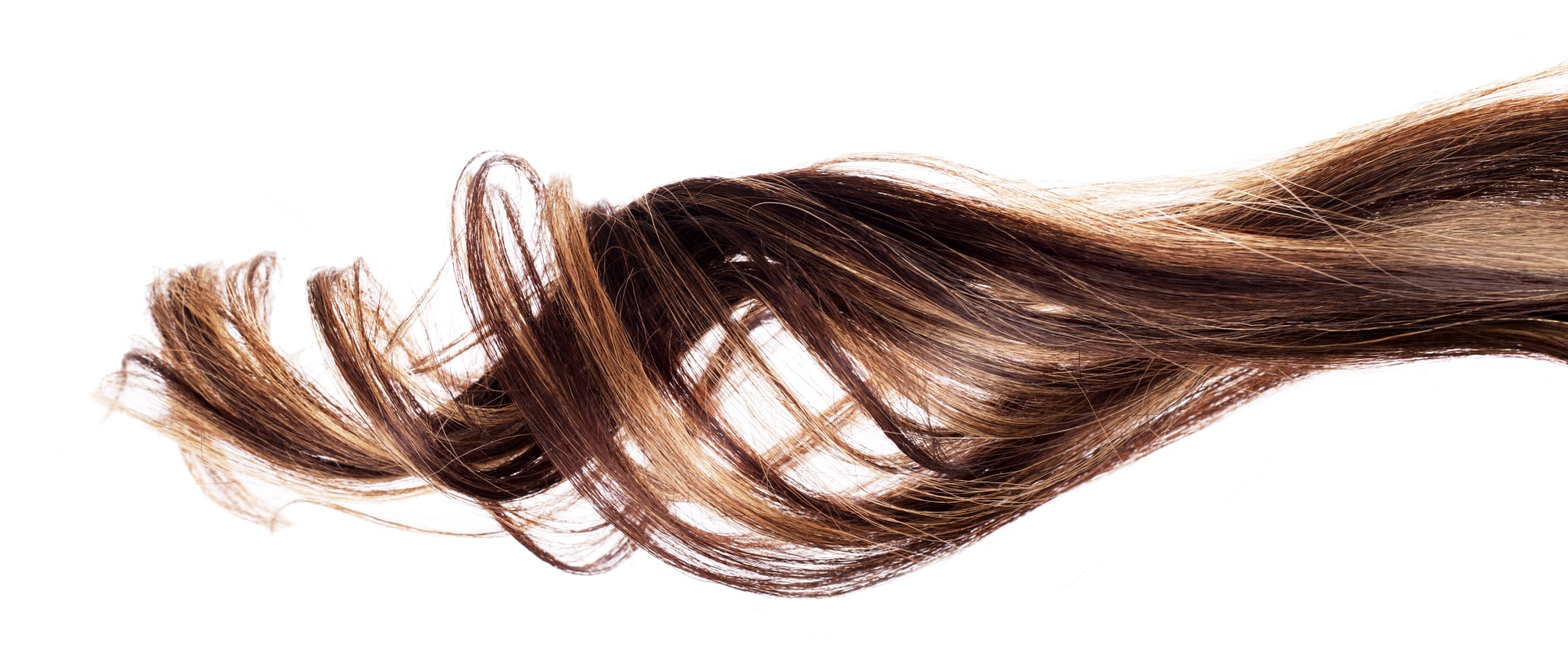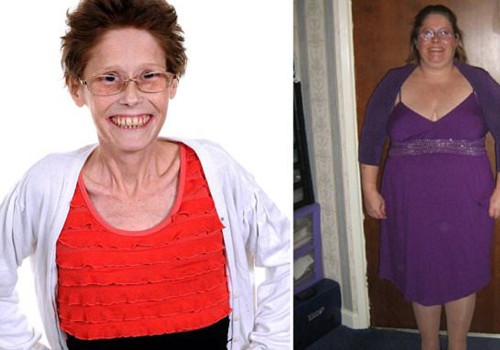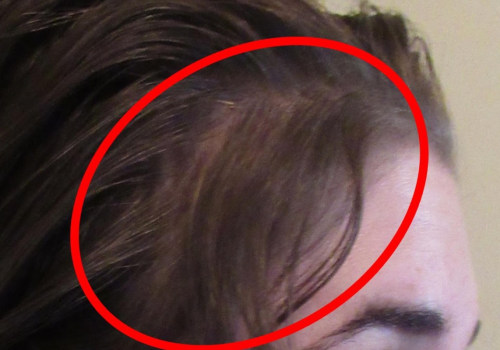Human hair has a natural growth cycle of three stages: the anagen phase (growth phase), the catagen phase and the telogen phase (resting phase). During the telogen phase, you are likely to experience hair loss in the form of a shedding. This phase usually lasts about 3 months. The first 3 to 6 months after weight loss surgery are usually the hardest, as the body is recovering and adapting.
During this time, calorie intake is restricted and can cause a decrease in macronutrients such as carbohydrates and proteins. Patients may also experience increased levels of stress and hormonal changes. Do not forget your vitamins: vitamin deficiency can also lead to hair loss. Therefore, it is necessary to have vitamin supplements to avoid such deficiencies.
Vitamins can also promote hair growth and ensure hair is full and healthy. You should start taking vitamins at least two weeks before surgery. It will not only help prevent hair loss, but will also help with fatigue, which is often associated with a low content of vitamins in the body. Here are some of the simplest but effective tips that will allow you to enjoy your new body without worrying about hair loss.
As a result, the hair growth phase could be temporarily stopped and the latent state began, which would lead to some hair loss. However, it may be interesting to understand why hair loss occurs in bariatric surgery and what you can do to prevent it. Under normal circumstances, hair loss lasts an average of 3 to 4 months, but not longer than 6 months. Research has shown that physiological stress resulting from major surgery and rapid weight loss can cause the body to shift nutrients to vital organs such as the heart and brain and away from cosmetic functions such as hair growth.
When the hair is inactive, it stops growing and eventually falls out after 3 or 4 months, or even earlier. They are essential to avoid nutrient deficiencies and provide the B vitamins needed to keep hair healthy and full. The main reason that gastric sleeve and gastric bypass patients experience hair loss is due to the drastic change that is due to the drastic change in their eating habits, nutrition levels, and rapid weight loss. This is because those who undergo gastric bypass or sleeve surgery experience faster weight loss and a higher prevalence of nutrient deficiency after surgery.
Because nutritional deficiencies are common among those struggling with obesity, weight loss surgery patients often have a higher risk of suffering hair loss after surgery. Because telogen effluvium does not damage the hair follicles, the hair will eventually start to grow again. Failure to meet the 60 grams of protein required after surgery can lead to more severe hair loss. Protein, especially lean protein, is essential for weight loss surgery patients as it helps muscle growth, recovery and weight loss.
Therefore, it is very important that patients know the potential for hair loss and possible underlying causes that can help them make informed decisions and be prepared. The short answer is that because of the rapid weight loss you'll experience during surgery, your body will move vital nutrients to major organs, such as the brain and heart. When your body is under increased stress, which happens after surgery, it may increase the number of hair follicles in the telogen phase, which means you may experience increased hair loss or loss. .





